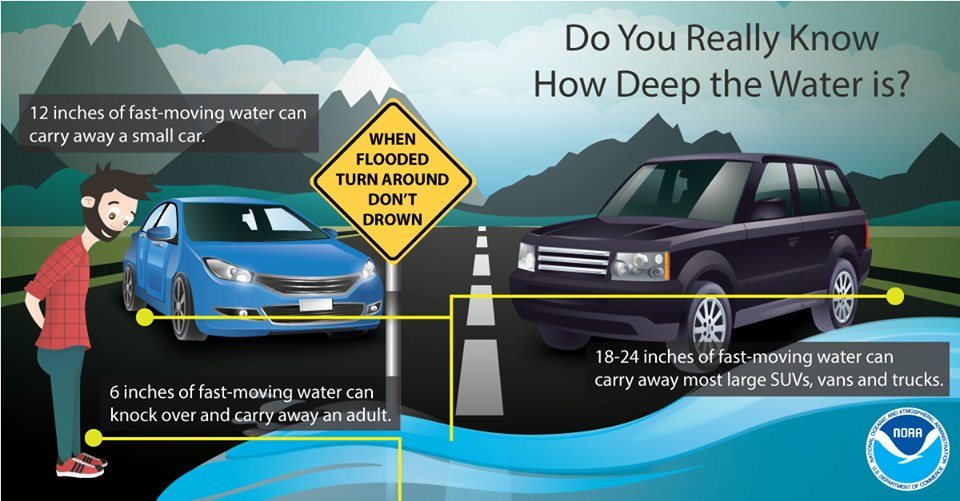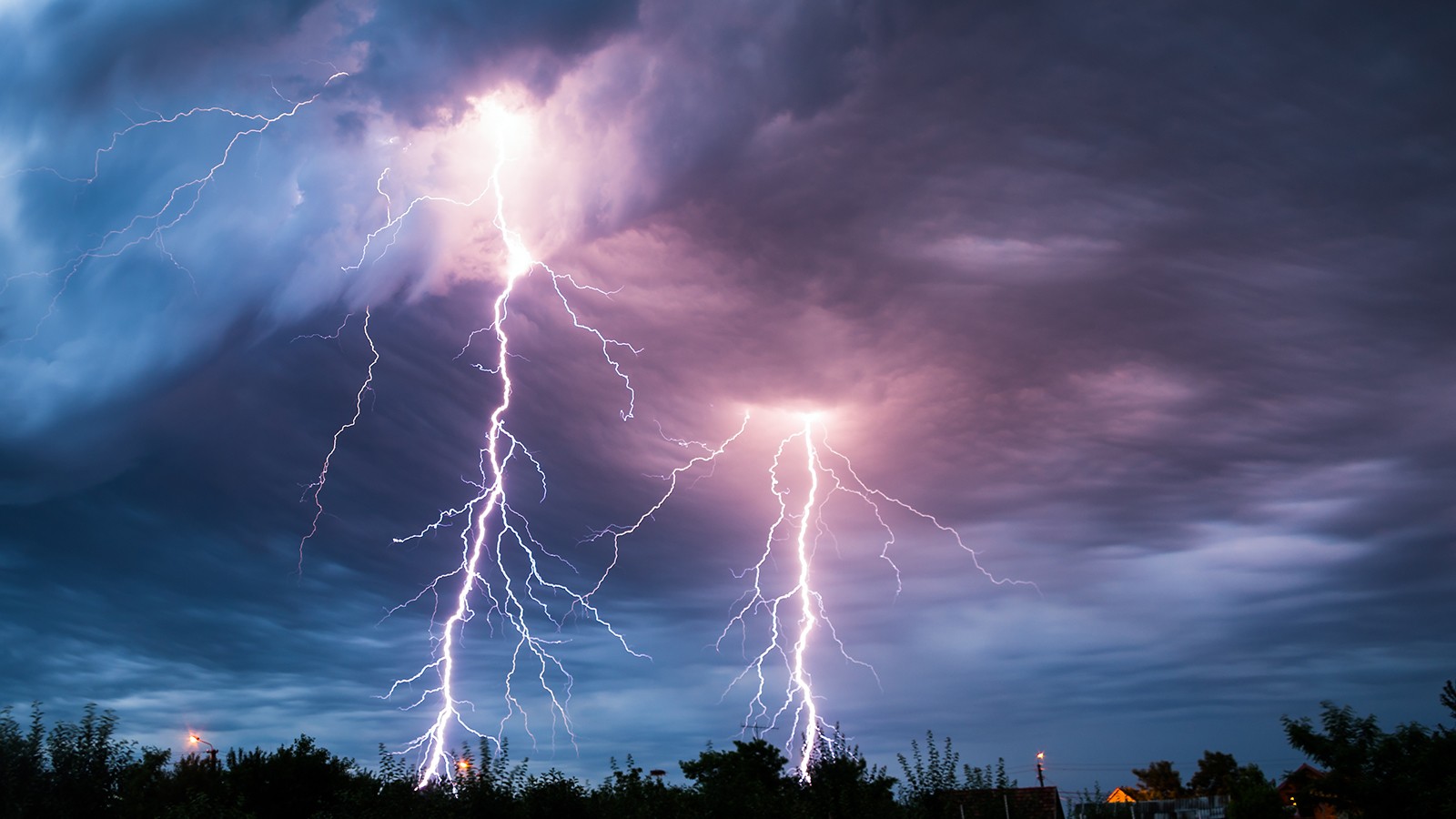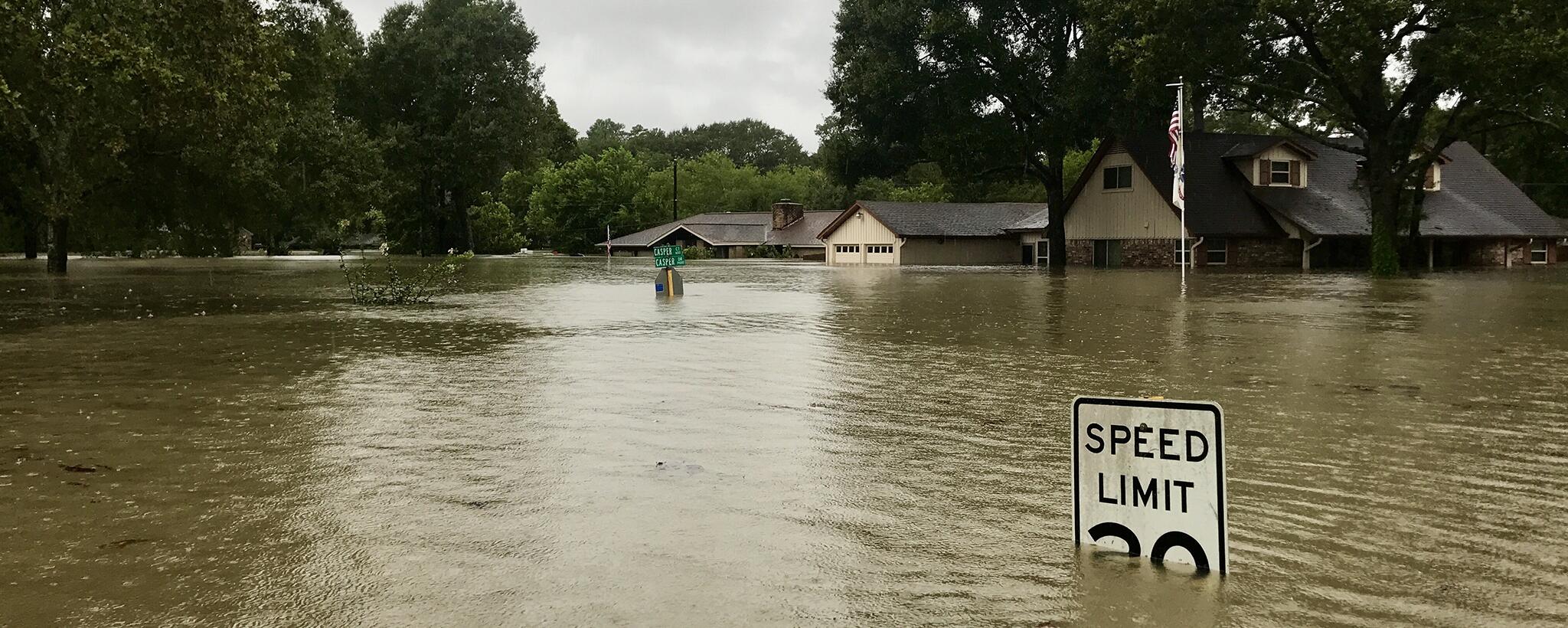Terms to Know
Flash Flood Warning: Take Action! A Flash Flood Warning is issued when a flash flood is imminent or occurring. If you are in a flood prone area move immediately to high ground. A flash flood is a sudden violent flood that can take from minutes to hours to develop. It is even possible to experience a flash flood in areas not immediately receiving rain.
Flash Flood Warnings are changing to an Impact-Based format to improve public response. Read the factsheet.
Flood Warning: Take Action! A Flood Warning is issued when the hazardous weather event is imminent or already happening. A Flood Warning is issued when flooding is imminent or occurring.
Flood Watch: Be Prepared: A Flood Watch is issued when conditions are favorable for a specific hazardous weather event to occur. A Flood Watch is issued when conditions are favorable for flooding. It does not mean flooding will occur, but it is possible.
Flood Advisory: Be Aware: An Flood Advisory is issued when a specific weather event that is forecast to occur may become a nuisance. A Flood Advisory is issued when flooding is not expected to be bad enough to issue a warning. However, it may cause significant inconvenience, and if caution is not exercised, it could lead to situations that may threaten life and/or property.
Before a Flood
- Create a Communications Plan
- Prepare an Emergency Kit
- Know your risk
- Sign up for Notifications
- Prepare your home
- Prepare your family/pets
- Charge your essential electronics
During a Flood
- Stay Informed: Listen to radio and television, including NOAA Weather Radio if possible, check the Internet and social media for information and updates.
- Get to Higher Ground: If you live in a flood prone area or are camping in a low lying area, get to higher ground immediately.
- Obey Evacuation Orders: If told to evacuate, do so immediately. Lock your home when you leave. If you have time, disconnect utilities and appliances.
- Practice Electrical Safety: Don't go into a basement, or any room, if water covers the electrical outlets or if cords are submerged. If you see sparks or hear buzzing, crackling, snapping or popping noises--get out! Stay out of water that may have electricity in it!
- Avoid Flood Waters: Don't walk through flood waters. It only takes 6 inches of moving water to knock you off your feet. If you are trapped by moving water, move to the highest possible point and call 911 if possible. Do NOT drive into flooded roadways or around a barricade; Turn Around, Don't Drown! Water may be deeper than it appears and can hide hazards such as sharp objects, washed out road surfaces, electrical wires, chemicals, etc. A vehicle caught in swiftly moving water can be swept away in seconds 12 inches of water can float a car or small SUV, 18 inches of water can carry away large vehicles.
After a Flood
- Stay Informed: Stay tuned to your local news for updated information on road conditions. Ensure water is safe to drink, cook or clean with after a flood. Authorities may ask you to boil water for a while after a flood. Utility companies often have apps to update you on getting service back. Carbon monoxide poisoning is one of the leading causes of death after storms when areas are dealing with power outages. Never use a portable generator inside your home or garage. Review generator safety.
- Avoid Flood Waters: Standing water hides many dangers including toxins and chemicals. There may be sharp objects under the water or the road could have collapsed. If it is likely your home will flood, don't wait for evacuation order, get out! Talk to friends and family about emergency visits. If you have pets, take them with you or get them somewhere safe.
- Avoid Disaster Areas: Do not visit disaster areas. Your presence may hamper rescue and other emergency operations.
- Heed Road Closed and Cautionary Signs: Road closure and other cautionary signs are put in place for your safety. Pay attention to them!
- Wait for the All Clear: Do not enter a flood damaged home or building until you're given the All Clear by authorities. If you enter a flood damaged building, be extremely careful. Water can cause floods to collapse, ceiling to fall, etc. Make sure the electrical system has been turned off. Have the power company or a qualified electrician fix wires. Contact your insurance agent to discuss property damage. If you have a generator, follow proper safety procedures.
- Contact Your Family and Loved Ones: Let your family and close friends know that you’re okay so they can help spread the word.

Source: https://www.weather.gov/safety/flood

